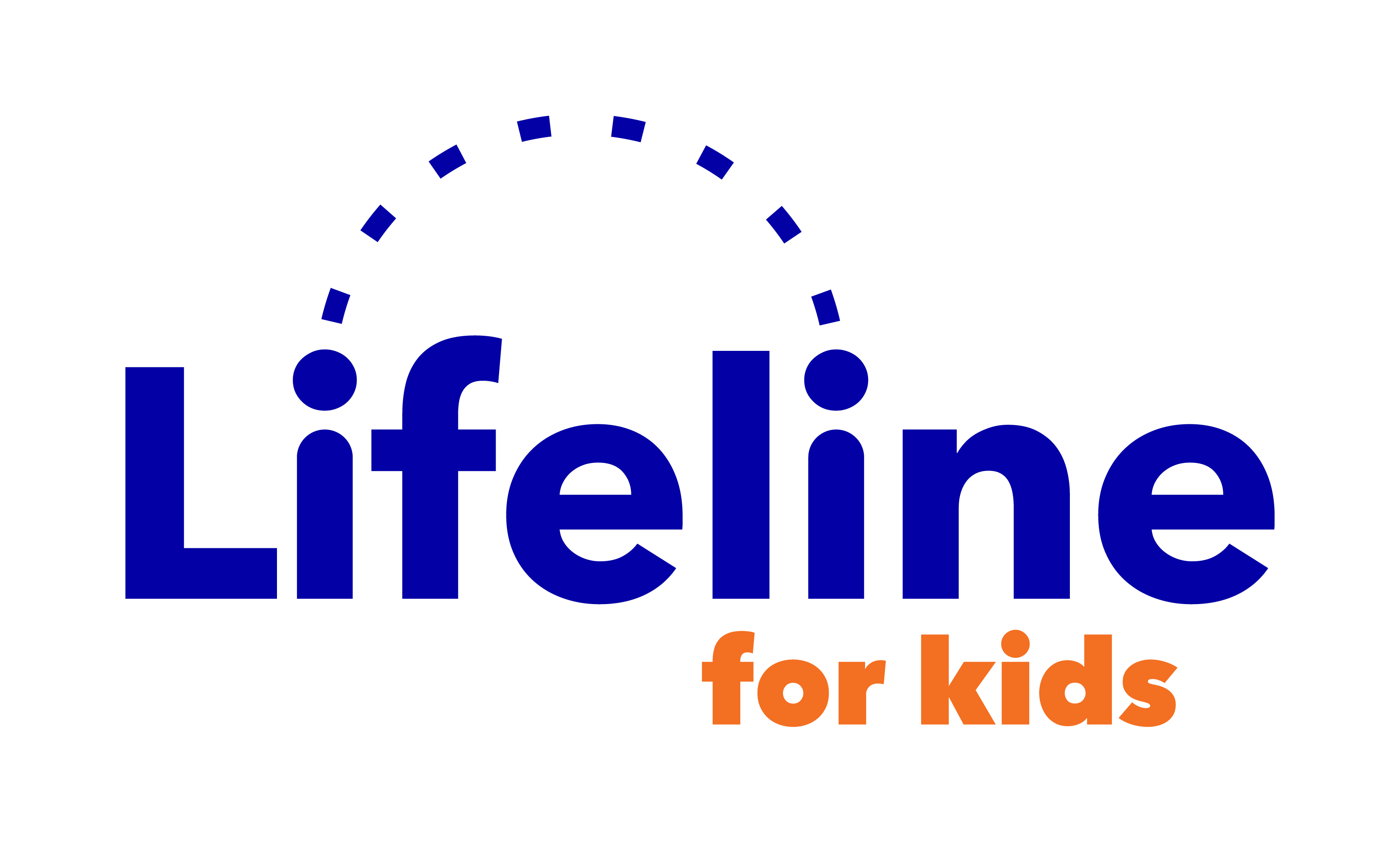Trauma-Informed Care Trainings for Mental Health Professionals
We offer online and in-person trauma-informed care trainings for mental health and behavioral health professionals. Our courses provide invaluable trauma resources for child therapists and other mental health professionals, which better equip participants to help those they work with and themselves. We invite you to select a topic or customize a course for your needs.
Schedule a Trauma-Informed Care Training
For questions, pricing information or to book a training, email LifelineforKids@umassmed.edu.
Trauma-Informed Training Topics for Mental Health Professionals
- Introduction to Understanding Trauma
- Now What Do I Do? Responding to Children Who Have Experienced Trauma
- Trauma and Its Impact on Development
- Wired for Connection—Loneliness and Trauma
- Burnout and Secondary Trauma
- Customizable training based on setting-specific needs assessment
Introduction to Understanding Trauma
Description: This training provides a general overview about the concept of trauma and its impact on development. The training starts with:
- The definition of trauma
- Types of trauma
- The ACE study, describing the connection between traumatic experiences and mental health consequences
The training also focuses on the neurobiology of trauma and how adverse experiences can impact the brain and body of the child. Moreover, we discuss the concept of resiliency and importance of attachment.
Now What Do I Do? Responding to Children Who Have Experienced Trauma
Description: This training provides mental health professionals with practical strategies to manage the behavioral and emotional impact of trauma on children. The training uses the framework of Safety, Connectedness and Regulation. This framework helps illustrate various strategies professionals can use to help children regulate their emotions and behaviors while fostering a safe, stable and nurturing relationship. Examples of strategies include how to:
- Be an emotional container and provide psychological safety
- Use relaxation strategies, routines, reassurance and regulation techniques
Trauma and Its Impact on Development
Description: In this training, we provide a general overview of the concept of trauma and specific impacted domains of development. The training illustrates several areas of development, with specific examples on how trauma affects:
- Attachment
- Behavioral control
- Biology
- Cognitions
- Dissociation
- Emotional regulation
- Sense of self
We use examples and case vignettes to describe how trauma looks developmentally. We also provide strategies to deal with trauma reactions.
Wired for Connection—Loneliness and Trauma
Description: This training illustrates:
- The concept of social isolation
- Its dimensions
- Who suffer the most from social isolation, with special emphasis on children
The training describes the consequences of loneliness/social isolation in terms of:
- Social relationships
- Unhelpful coping strategies (smoking, physical inactivity, etc.)
- Well-being
The second part of the training describes strategies to address loneliness and trauma in children, including:
- Providing psychological safety
- Mentalizing
- Establishing safe and predictable relationships
We also introduce ideas on how mental health professionals can take care of themselves to better help the children they work with.
Burnout and Secondary Trauma
Description: Working with children and families exposed to trauma can take a significant emotional and physical toll on the personal and professional lives of mental health professionals. The goal of this training is to:
- Define the spectrum of burnout and Secondary Traumatic Stress (STS)
- Identify the signs and symptoms of burnout and STS
- Understand how burnout and STS are associated with the loss of resiliency skills
The second part of the training focuses on practical strategies for fostering self-awareness and a sense of connectedness. Participants will also practice regulation skills.
